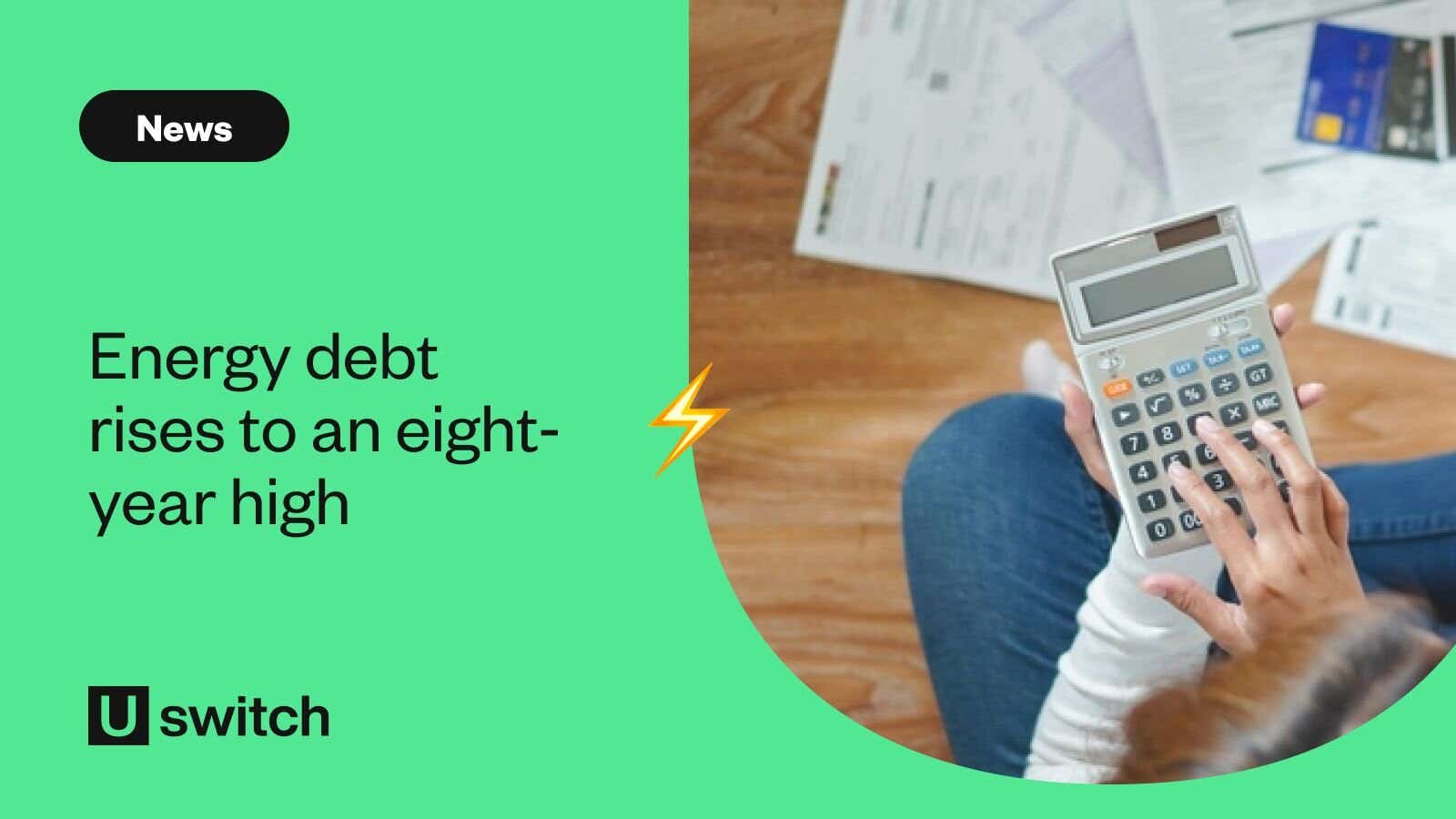Energy debt rises to an eight-year high, Uswitch research finds


Uswitch research has found that energy debt across the UK has risen to an eight-year high, with the average household owing £223 to their supplier.
This is particularly problematic as winter approaches and there's a higher need to use more energy. In theory, customers should be overpaying for their energy during the summer and using less of it so they can build up a buffer to help during the winter. However, the research has found that more than ten million UK homes have no energy credit at all.
Why has energy debt risen so much?
Each household will have different reasons for falling into energy debt, but some of the reasons could include:
- Underpaying for energy over the summer
- Being on a standard variable tariff where prices change throughout the year, leading to uncertainty about how much is being paid
- Lack of widespread financial government support this year versus previous years.
What can customers do?
There are options for customers:
- Schemes like the Warm Home Discount, Cold Weather Payment and Winter Fuel Payment are still running and don't usually need any applications - if you're eligible, you'll automatically get the payments. You can see if you're eligible using our tool.
- Ofgem says that suppliers have to work with struggling customers to come up with realistic payment plans and help, so that should be a first port of call for those likely to struggle this winter.
- There is free help and advice from charities like StepChange, National Energy Action and Citizens Advice.
- Customers can manage their energy usage to help keep bills as low as possible. There are energy-saving tips for all budgets here.
- Uswitch is also offering 25 hours of free electricity in November when you sign up by 31 October. Find out more here.
Ben Gallizzi, energy expert at Uswitch.com, said: “It’s deeply concerning to see that household energy debt has soared to an eight-year high, which suggests that many homes may face a bill shock soon as direct debit levels are updated.
“The cost of living squeeze and the end of many government support schemes means that households are getting less help than they used to, causing many to fall behind.
“Households use more energy over the winter, so for those paying via direct debit it’s ideal to have a cushion of about two months’ worth of energy credit at this point in the year.
“If your energy account is going into debt, or you are behind on your bill payments, speak to your supplier as soon as possible. Our eligibility guide is a quick and easy way to see if you might be entitled to additional support such as hardship funds and other energy help schemes.
“If you’re on a standard variable tariff, you could save significant amounts by moving to a cheaper fixed deal. There are a number of deals on the market priced well below the October price cap, so run a comparison online to see how much you could save.”

Run an energy comparison
Click here to compare energy prices and get started on your energy switch.